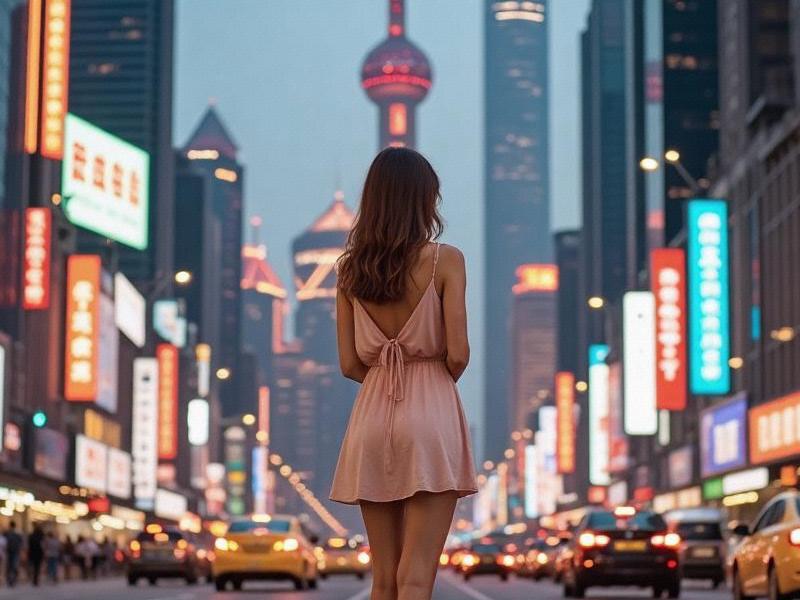
[The New Golden Age]
At 10:17 PM on a Friday evening, the LED façade of TAXX Shanghai begins its hourly light symphony while black sedans with diplomatic plates queue at the entrance. Inside, mixologists prepare cognac flights paired with Jiangnan-inspired tapas, as Russian ballet dancers rehearse for their midnight performance. This is Shanghai's entertainment club scene in 2025 - where global luxury meets Chinese sensibilities in carefully curated experiences that would be unrecognizable to pre-pandemic revelers.
[Section 1: The Regulatory Revolution]
• 2022 Entertainment Industry Standardization Policy impacts:
- Mandatory closing times moved to 2:30 AM
- Alcohol serving limits per customer
- Digital surveillance systems requirement
- Cultural content approval processes
• Compliance adaptations:
- Membership-based business models
- "Cultural experience" repositioning
- Food-and-beverage revenue balancing
上海神女论坛 - Corporate partnership strategies
[Section 2: The Luxury Landscape]
→ Top-tier establishments:
- M1NT: The hedge fund favorite with aquarium walls
- Bar Rouge: Redesigned Bund landmark
- Arkham: Underground techno temple
- Mao Livehouse: Rock culture stronghold
→ Emerging trends:
- Sober cocktail programs
- Cultural heritage performances
- Members-only crypto payment
爱上海同城对对碰交友论坛 - AI-powered guest preference systems
[Economic Impact]
• ¥28 billion annual nightlife economy
• 12% year-on-year growth since 2021
• Employment for 58,000 hospitality workers
• 43% foreign visitor participation rate
[Safety & Innovation]
→ Biometric age verification
→ Smart alcohol monitoring
→ Emergency medical stations
→ Noise pollution control tech
419上海龙凤网 [International Comparisons]
• Versus Tokyo's discreet members clubs
• Compared to New York's bottle service culture
• Contrasted with Berlin's techno temples
• Differentiated from Dubai's ultra-luxury scene
[The Future]
• Virtual reality lounge experiments
• Carbon-neutral club initiatives
• Cross-border membership networks
• AI concierge services
[Conclusion]
Shanghai's entertainment clubs have emerged from regulatory changes not diminished, but refined - creating a sophisticated nightlife ecosystem that balances global aspirations with local realities. The new model favors quality over excess, cultural substance over flashy displays, and sustainable experiences over reckless indulgence. In doing so, Shanghai may be writing the playbook for 21st century urban entertainment that other Asian megacities will eventually follow.
